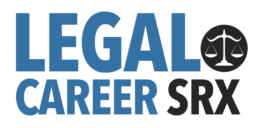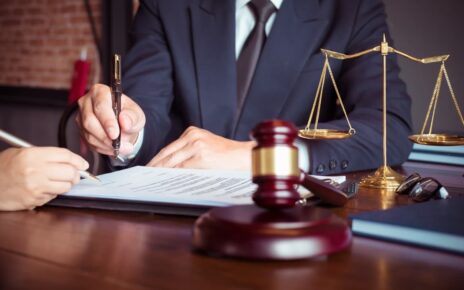The legal concept of vicarious liability states that an injured victim can hold a third party liable for an injury if the person who caused the accident was working under direct supervision or as an employee of the third person. Contact a louisville personal injury attorney for legal guidance.
If you get injured, and the person who caused the injury was an employee of a third-party supervisor, you will be required to file a case against that party.
The Legal Principles of Vicarious Liability
There are two legal principles that are followed. Let us take a look at them below.
- Respondeat Superior
This phrase is also in Latin. It means letting the master answer. This implies that the supervisor or employer will be answerable for any damages caused due to their employer’s negligence. The employer will face the legal liability of any accidents in such circumstances.
- Qui Facit Per Alium Facit Per Se
The phrase is in Latin. Its exact meaning is the person who acts through himself. It implies that a person working under the authorization of another will not be responsible for any injuries caused due to their negligent conduct. The authority under which the person is employed will be held liable for compensating the financial losses incurred due to the accident.
Who can be held Vicariously Liable for someone else’s actions?
Some instances where vicarious liability is applied are as follows:
Employers
An employer will be held responsible for any accident caused by the wrongful conduct of his employee. By the legal theory of Respondeat superior, the employer will have to face the financial repercussions. However, this law is only applicable if it is proved that
- An agreement was there between the employee and employer during the accident.
- The employee was under the direct supervision of the employer.
- The employee’s actions fall under the limits of their employment.
- The limitations of the employees refer to the scope of job requirements.
Vehicle Owners
Suppose a vehicle owner allows someone else to drive his vehicle, and the person gets into an accident. In that case, the owner will be held responsible by the concept of vicarious liability. However, it is state-specific. It must be noted that the driver will not be liable for the accident if he did not grant permission to the other person to drive.
Parents
A lot of teenagers use their parents’ cars for their daily tasks. If they get into an accident, they cannot be held liable per the vicarious liability law. Their parents will be held responsible for the incident and the compensation.





